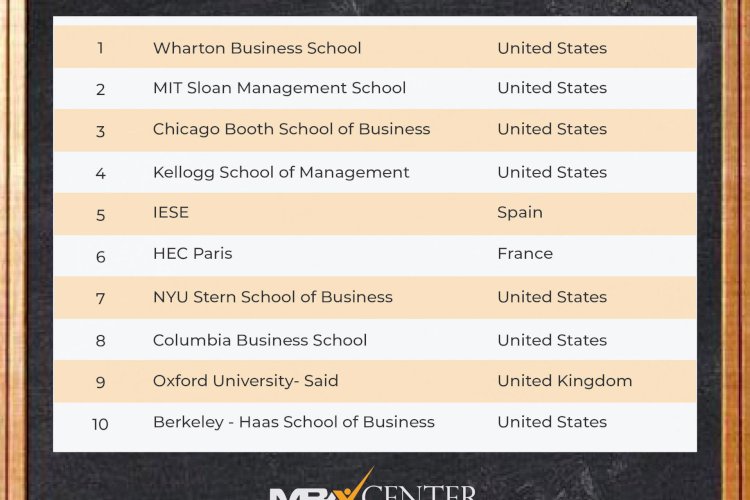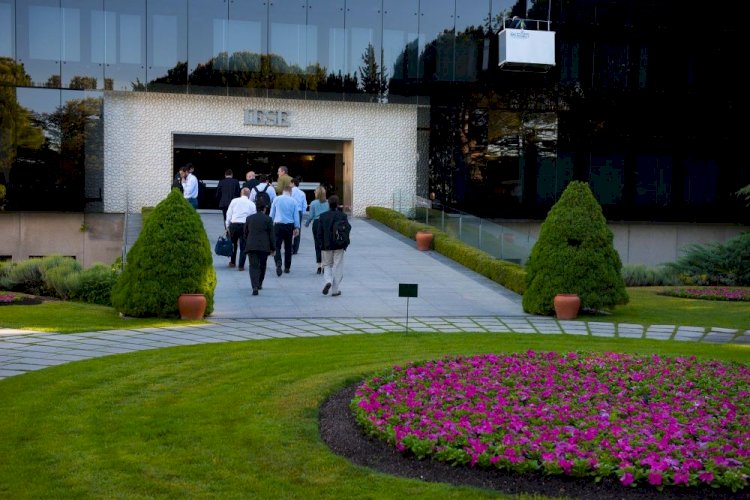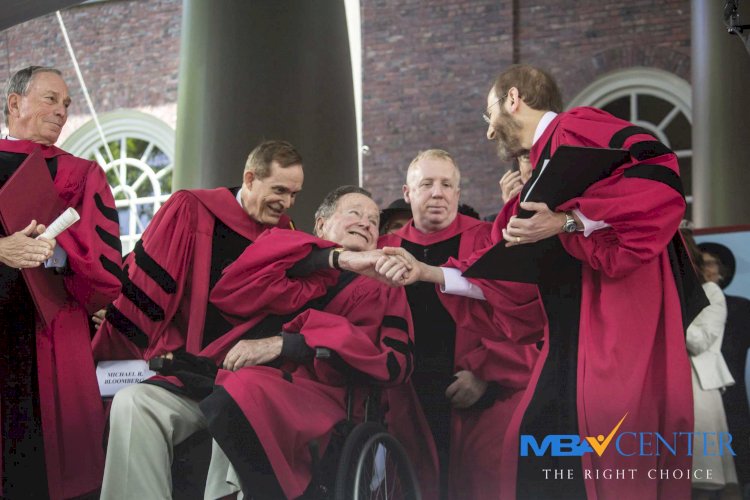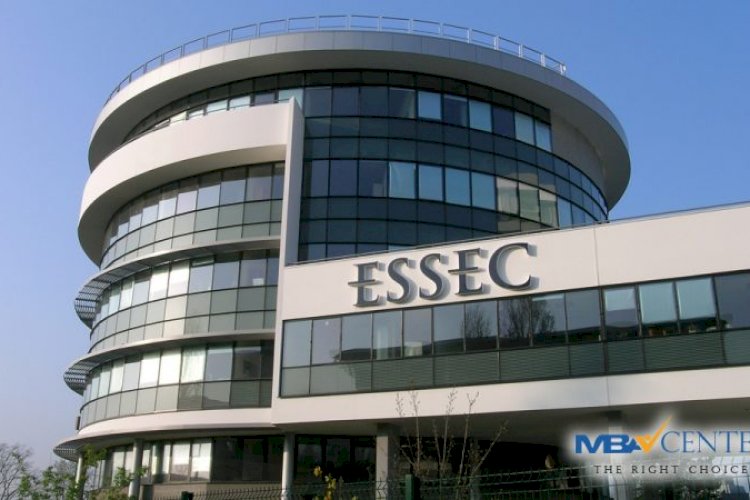
The Executive MBA Admissions: How it works?
The MBA degree comes in formats, but the most interesting among these is the Executive MBA program. This post-graduate management programme is for working experts who wish to redesign their administrative abilities in their field of work to adjust to the rapidly changing business environment. An EMBA student isn’t searching for coursebook clarifications of business ideas, rather they look for training that applies to their everyday lives. If you are considering applying to an EMBA course, then you should be aware of these key factors that serve as a distinction between the regular MBA and the Executive MBA.
- Demonstrate relevant work experience
The major difference between an EMBA classroom and a regular MBA classroom is the work experience that the students hold. While students require only two to five years of work experience to apply for a regular MBA, the average work experience required for an EMBA may range anywhere between ten to twenty years. The admissions committee vets its candidates to seek those who exhibit managerial skills, leadership potential, and tangible achievements. The idea is not just to add luster to the school’s brand but also to ensure that the admissions benchmark is unrelenting. The basic idea is that the students should contribute to enhancing the level of dialogue shared in the classroom. - Don’t obsess over your undergrad GPA
There is no requirement for you to agonize over your undergraduate GPA being low. The adcoms look at your experience to gauge your intellect, knowledge, and learning problem-solving skills. EMBA students have learned the application of the processes taught in theory to the MBA students. This shift in mindset is important at the time of admissions because it translates into the classroom as well. - Confirm if GMAT or GRE is a prerequisite
Contingent upon what B-School you are applying to, the academic foundation, professional background and individual story are usually evaluated. For schools like Wharton, the GMAT/GRE score imperative but most schools only review experience. It is wise to check the requirements of the preferred business schools before applying. - Unnecessary work experience
EMBA admission committees are inclined to see relevant proof of management in the EMBA candidate’s admission profile. B-Schools understand that these applicants have more obligations at this phase of their careers. Which is why it is not mandatory to showcase voluntary work on your application. - Utilize recommendations to document support
Since an EMBA program is tailored for working professionals, the committee must see that your employer is on board with the idea of you pursuing an EMBA. Applicants are typically expected to submit a written copy from the side of the employer. Regarding the content of recommendations, MBA adcoms want to see enthusiastic and substantive support of the candidate’s character, leadership potential, teamwork orientation, etc. However, EMBA adcoms focus more on meaningful professional experience and impact that could be shared with equally accomplished EMBA classmates.
- Craft essays to confirm the commitment
Essays allow B-School applicants to present thoughts and reasons to support their case. EMBA programs are more concerned about whether their admits will complete the program. Dropouts dishearten fellow students and smear the program’s reputation. So, EMBA adcoms use essays to assess the applicant’s fortitude and flexibility to start and finish the program. - Interview to show the executive presence
EMBA classrooms see immense diversity, depth and caliber that the students have already achieved in their careers which is why EMBA adcoms are interested in observing maturity, presence, and curiosity that would add value in a classroom setting. The general expectation is to see a more strategic, sophisticated, and mature communication style, and tone since EMBA applicants have much more professional experience than their MBA counterparts.
- Aim for the best-suited schools
There is a lot to consider when you start selecting and comparing schools. Always ensure that the program and curriculum are in alignment with your goals. Getting objective feedback on your candidacy from an admissions consultant at this point can be very beneficial.
An EMBA course will consume significant time, effort, and money regardless of where you enroll. However, the knowledge, network, and brand you’ll gain will be a sure return on your investment.
 MBA Center Global
MBA Center Global 























